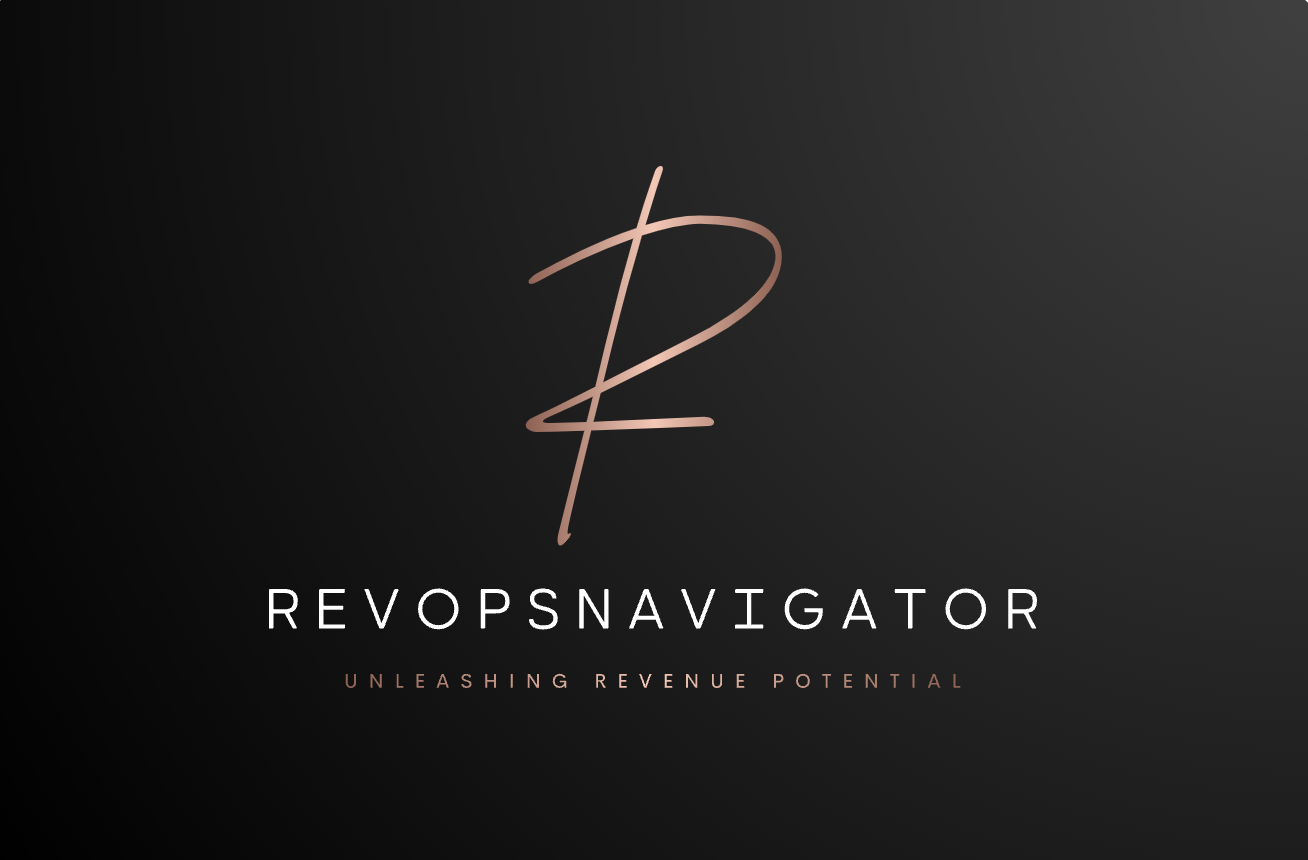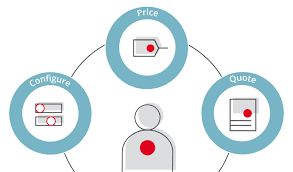What is Configure, Pricing & Quoting (CPQ)?
In the fast-paced world of modern business, staying competitive requires more than just a quality product or service. It’s about providing a seamless customer experience, and that starts with your sales process. That’s where CPQ comes into play. CPQ, which stands for Configure, Price, Quote, is a software solution that streamlines and automates the sales process for complex products or services. It is a strategic tool that assists sales teams in configuring products according to customer requirements, generating accurate pricing, and creating professional quotes quickly and efficiently. CPQ software is designed to handle product configurations with multiple variables, intricate pricing models, and various sales channels, ensuring accuracy and consistency in the quoting process.
Why is CPQ important?
CPQ is important for a number of reasons. First, it can help businesses to speed up the sales process. By automating the configuration, pricing, and quoting process, CPQ can help sales reps to generate customized quotes more quickly and accurately. This can lead to increased deal size, shorter sales cycles, and more closed deals.
Second, CPQ can help businesses to improve customer satisfaction. By providing self-serve customers with a quoting tool, CPQ can help customers to get the information they need to make a purchase more quickly and easily. This can lead to happier customers and more repeat business.
Benefits of a well-optimized CPQ:
a. Increased Sales Efficiency and Accuracy: A well-implemented CPQ system reduces manual work for your sales teams and significantly reduces the risk of errors. They can:
- Quickly configure complex products,
- Apply accurate pricing,
- Ensure appropriate approvals and
- Generate tailored quotes
significantly reducing sales cycle and allowing them to focus on building relationships and closing deals.
b. Consistency & Improved Compliance: A CPQ system ensures that your sales teams present consistent information and pricing to customers across all interactions. This consistency can help improve compliance by ensuring that quotes are accurate and in line with all applicable regulations. CPQ also ensures that all quotes align with the company’s branding, messaging, and pricing strategies, maintaining consistency across the sales cycle and building customer trust.
c. Enhanced Sales Effectiveness: With CPQ, sales teams can access guided selling tools that recommend the most suitable products and configurations for specific customer needs as well as helps reps identify cross-selling and upselling opportunities, maximizing revenue potential from each customer interaction.. This helps sales reps offer personalized solutions, increasing the likelihood of closing deals. Additionally, automated processes enabled by CPQ lead to faster sales cycles. Quotes are generated promptly, allowing potential customers to make decisions more quickly, resulting in quicker revenue generation.
d. Improved Profit Margins & Streamlined Operations: CPQ systems can factor in various pricing strategies, discounts, and promotions to generate quotes that maximize revenue while remaining competitive. Moreover, CPQ integrates seamlessly with other business systems like CRM and ERP, centralizing data, reducing need for manual data entry and improving collaboration between sales, operations, and finance teams.
Best Practices for a Best-in-Class CPQ System:
a. Update and Simplify Product Catalog: Your product catalog is the foundation of your CPQ system, so it’s important to keep it up to date. This includes adding new products, updating prices, and removing discontinued products. Ensuring a clean and organized product catalog with well-defined rules for product configurations will improve efficiency and accuracy in the CPQ process.
b. Monitor CPQ system : It’s important to monitor your CPQ system for errors. This includes checking for errors in your product catalog, quote templates, and approval workflows. By identifying and fixing errors early, you can prevent them from causing problems down the road. Additionally, regularly analyze CPQ data to identify bottlenecks, pricing trends, and areas for improvement. Use this data to optimize pricing strategies and streamline sales processes.
c. Create and use quote templates: Quote templates can save you time and ensure that your quotes are accurate and consistent. Create templates for different types of products or services, and make sure to update them regularly.
d. Set up automated approval workflows: Approval workflows can help you to ensure that quotes are reviewed and approved by the appropriate people before they are sent to customers. Implement automated approval workflows to expedite the approval process and avoid delays in closing deals. This can help prevent errors and ensure compliance.
e. Provide training for your sales team: Your sales team should be trained on how to use your CPQ system effectively. This ensures that they can leverage its full capabilities generating more accurate and customized quotes, and providing an exceptional customer experience.
f. Make sure your CPQ system is integrated with your business systems: Your CPQ system should be integrated with your CRM and ERP system. This ensures data consistency and a seamless flow of information so you can track the status of quotes and manage customer relationships.
g. Feedback Loop: Establish a feedback loop with your sales teams to identify any pain points or areas for improvement in the CPQ system. Regularly incorporate their input to enhance the system’s usability.
h. Scalability: Choose a CPQ solution that can scale with your business growth. Ensure that the system can handle increased complexity and volume without sacrificing performance.
Who is responsible for managing and optimizing CPQ?
The responsibility for managing and optimizing CPQ typically falls on the sales operations team or a dedicated CPQ administrator. This individual or team is responsible for:
a. System Configuration: Setting up and maintaining the CPQ software to reflect the latest product offerings, pricing models, and business rules.
b. Data Management: Ensuring that product data, pricing, and discounts are up to date and accurate within the CPQ system.
c. Training and Support: Providing training to sales teams on how to use the CPQ tool effectively and offering ongoing support for any queries or issues.
d. Continuous Improvement: Analyzing CPQ performance metrics, identifying areas for improvement, and implementing enhancements to optimize the quoting process.
A well-managed CPQ system is an invaluable tool for modern businesses seeking to optimize their sales processes, enhance customer experiences, and drive revenue growth. By integrating CPQ into your operations and following best practices, companies can empower their sales teams to close deals faster, provide personalized solutions, increase revenue, and drive sustainable growth in today’s competitive marketplace.

